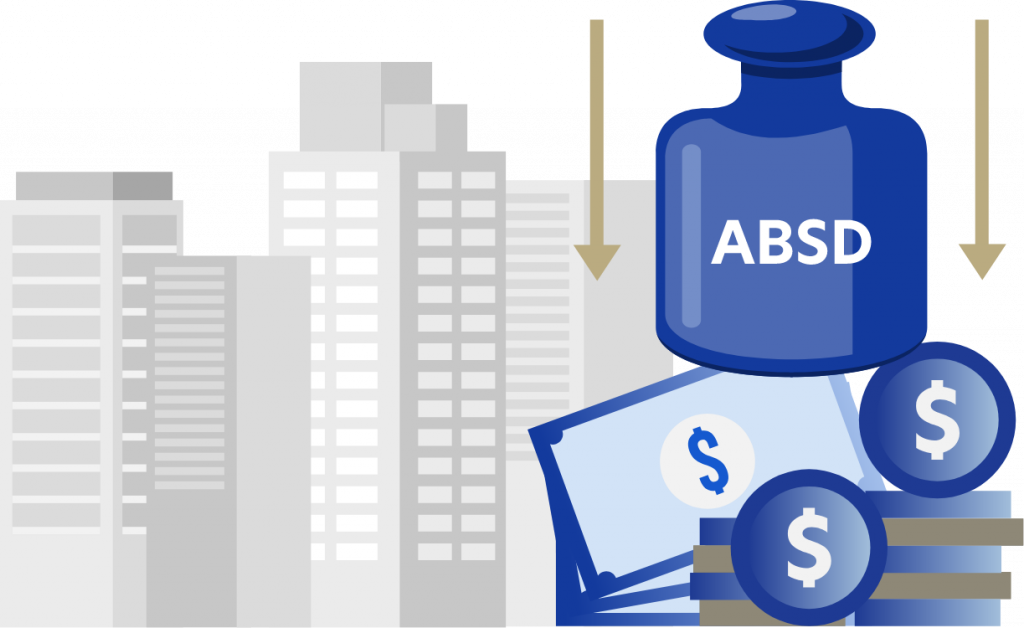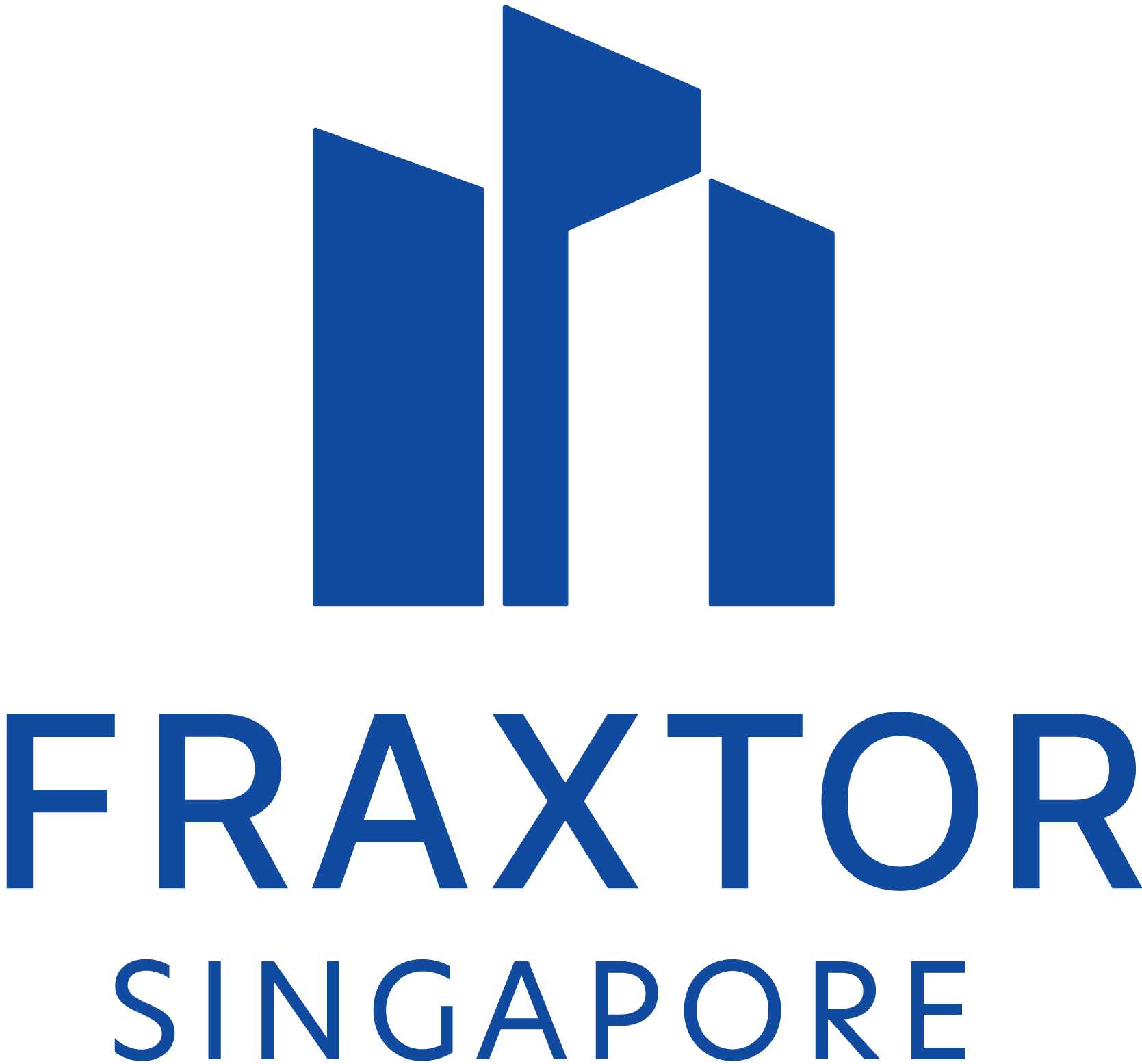
What is ABSD & How is it Calculated?
What is ABSD?
ABSD abbreviated for Additional Buyer Stamp Duty, is a tax that’s levied on top of Buyer’s Stamp Duty (BSD, a tax that liable property buyers have to pay when they buy a property), and it’s computed based on the valuation or the selling price of the property, whichever is higher.

Why is there a need for ABSD?
In December 2011 ASBD was first introduced as a “cooling measure” to discourage foreigners and entities from purchasing residential properties for investment, especially when they have multiple properties. It is necessary to manage demand for residential properties and keep housing prices affordable for Singaporeans.
In January 2013, the rates were increased further, along with the introduction of new buyer profiles that would be liable for ABSD. Property speculation dropped after the ABSD was implemented, and foreign buyers who were interested in investing in Singapore’s property market were deterred by the high ABSD rates.
Then in July 2018, there was a BSD and ABSD increase again, and additional cooling measures like the Total Debt Servicing Ratio (TDSR) and Seller’s Stamp Duty (SSD) saw the volume of property transactions drop rather significantly.
Read also: What are the different Stamp Duties for Property?
How is ABSD calculated?
ABSD is computed based on the valuation or the selling price of the property, whichever is higher.
In an instance where a property is valued at $1 million, but the selling price is $1.1 million. We will make use of the selling price at $1.1 million.
Assuming that you’re subjected to 12% ABSD, the ABSD amount that you’ll need to pay is $1.1 million X 12% = $132,000.
Who needs to pay ABSD?
Below are the respective rates for different individuals and entities.
| Buyer profile | ABSD payable |
|---|---|
| Singapore Citizen buying first property | No need to pay ABSD |
| Singapore Citizen buying second property | 12% |
| Singapore Citizen buying third and subsequent properties | 15% |
| Singapore Permanent Resident (PR) buying first property | 5% |
| Singapore Permanent Resident (PR) buying second and subsequent properties | 15% |
| Foreigner buying any property | 20% |
| Entities (company or association) buying any property | 25% (additional 5% if entity is housing developer) |
However, in situations as mentioned below, ABSD is exempted
- When you’ve already contracted to sell your current residential property before you sign the Option to Purchase for your new one
- When you’re downgrading from a private property to a HDB resale flat
- Also, under the respective Free Trade Agreements (FTAs), nationals and Permanent Residents of Iceland, Liechtenstein, Norway, Switzerland and the United States of America will be treated the same as Singapore Citizens, where ABSD is exempted in the purchase of one’s first property.
See also: How New Technology is Poised to disrupt Property Markets
Sign up to our newsletter
Sign up for our newsletter to stay in touch with global real estate news and opportunities!
By signing up, you acknowledge that you have read and agreed to our privacy policy.

